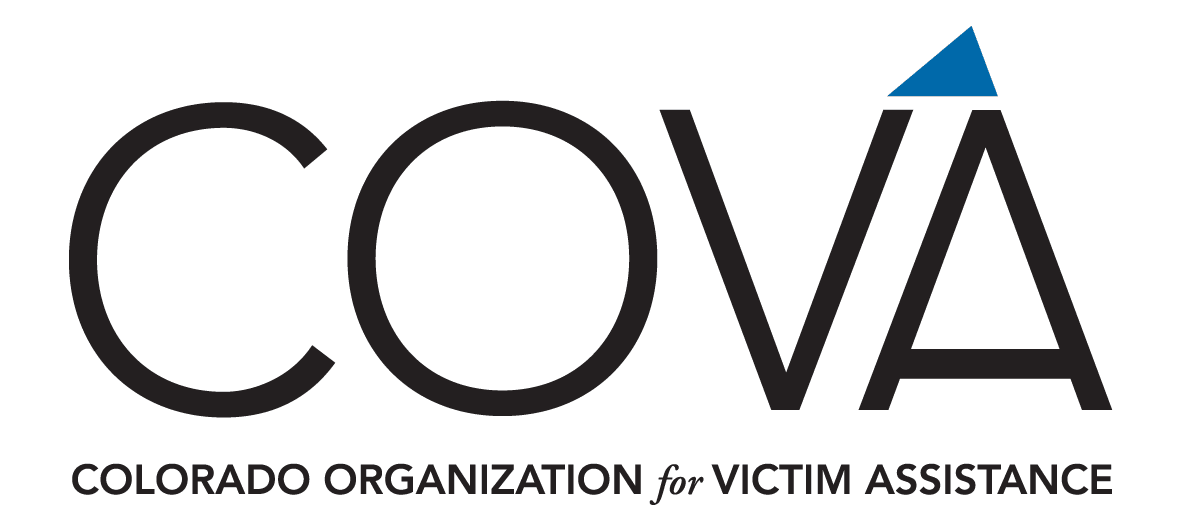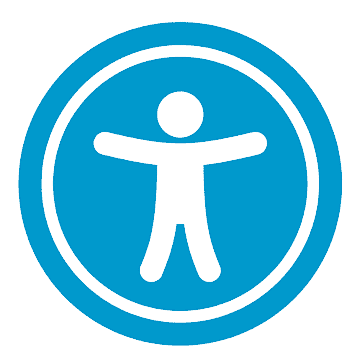The Colorado Advocate Certification Program (CACP) provides the opportunity for voluntary certification through COVA. It provides several types of certifications to accommodate the many circumstances of our state’s victim service providers. This program will encourage and recognize those that have achieved years of experience and training, while honoring the service and training of part-time and volunteer advocates.
The CACP consists of Basic, Intermediate, Advanced, or Domestic Violence Treatment Advocate Certification. The requirements of each level are outlined in the CACP Information Packet, as well as information on the renewal process and fees. You are required to meet the requirements, complete the CACP application and also sign a Ethics for Victim Advocates form. Please note that archived webinars may not be used toward certification hours. If you watch a live webinar, please save any certificate or proof of attendance email you receive.
Each applicant will submit a CACP Application with appropriate documentation based on the criteria included in this instruction packet. COVA recognizes and accepts the documentation from the National Advocate Credentialing Program of the National Organization for Victim Assistance.
Certification Fees:
$75 for a New Application for a Basic, Intermediate, Advanced, and/or Domestic Violence Treatment Advocate Certification.
$50 for a Renewal Application with an upgrade to the next level of Certification.
$25 for a Renewal Application at the same level.
Note: If your certification has already expired, you must pay $75 for a new application. Returned checks or declined money orders are subject to an additional $25 fee. To pay with a credit card over the phone, call the COVA office at 303-861-1160.
Applications are reviewed on an ongoing basis. Successful applicants will receive their certificates by mail within 6 weeks after review. All certifications are valid for two years from issued date.
Application Documents
Victim Advocate Information
"How can I help victims?"
Click here to read a New Yorker article about the rise of the victim rights movement!
If you are interested in becoming an advocate that specializes in domestic violence, sexual assault or child abuse, most counties have nonprofits that focus on helping victims of these types of crimes. Many times, too, these agencies have volunteer opportunities listed on their website and generally provide a standard training, unique to their agency, for new volunteers. Visit our Directory (located on the Home page) and search for agencies in your county to get started.
Another thing to consider when looking into victim services is direct and indirect services. While both are extremely rewarding and vital to the victim service field, they are different and you should know where you best fit!
- Direct Services: Agencies that provide direct services generally provide either on-scene services (as in the case of Sheriff or Police agencies) or crisis services (as in the case of a sexual assault service or domestic violence shelter or hotline).
- Indirect Services: These agencies provide what some might call “back-end” or “hidden” services. These indirect services don’t always include one-on-one contact with a victim, but are still extremely valuable! Examples are agencies or departments that support direct services such as COVA.
- Check into your local nonprofits, police department or District Attorney’s Office website for volunteer opportunities.
- COVA’s Job & Volunteer Opportunities page.
- COVA’s Trainings & Events page – See what is happening around the state and in the US!
- Look into COVA’s Victim Service Intern Program if you are a college student in the Denver Metro area.
- Learn more about Colorado’s Office of Victim’s Programs.
Supplemental Information:
The Victim Rights Act (VRA) in Colorado ensures that crime victims are treated with fairness, respect, dignity and that they are free from intimidation, harassment, and abuse. The VRA also helps to ensure that victims are informed of critical stages of the criminal justice process and that they may be present for, and heard, at certain stages as well. Please visit the Colorado Division of Criminal Justice for the most updated information on the Victim Rights Act here: https://dcj.colorado.gov/dcj-offices/victims-programs/crime-victim-rights-act-vra
Systems-based staff who want to see DCJ’s HB-1064 Technical Assistance Document can contact Kim Branham at 303-239-4497 or Kim.Branham@state.co.us
Questions?
If you have questions regarding the CACP instructions or requirements, contact: Ami at ami@coloradocrimevictims.org.


